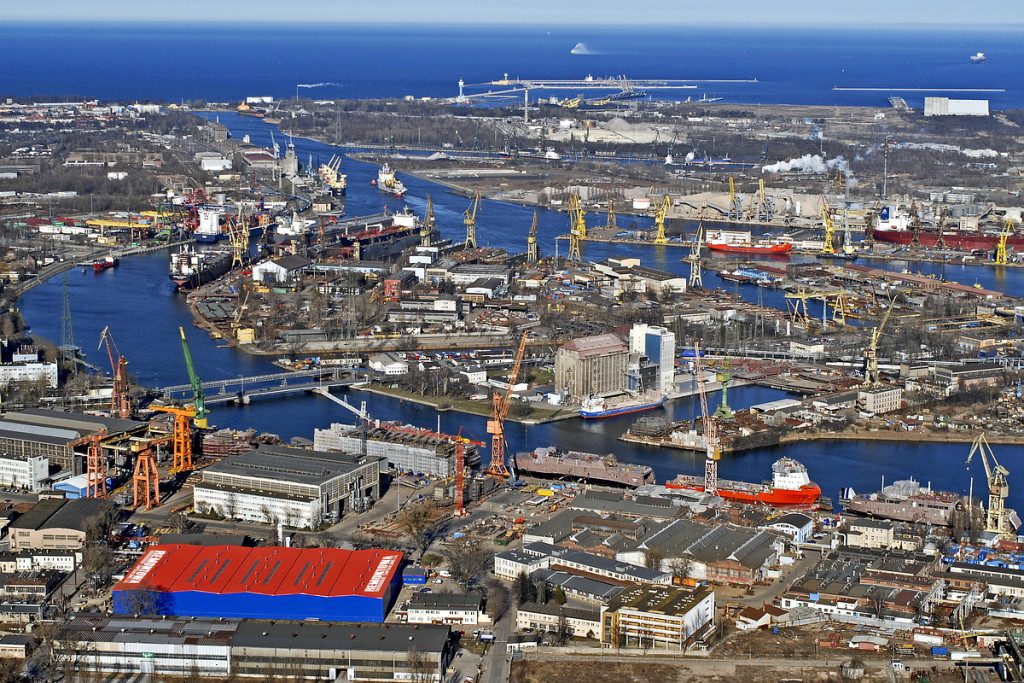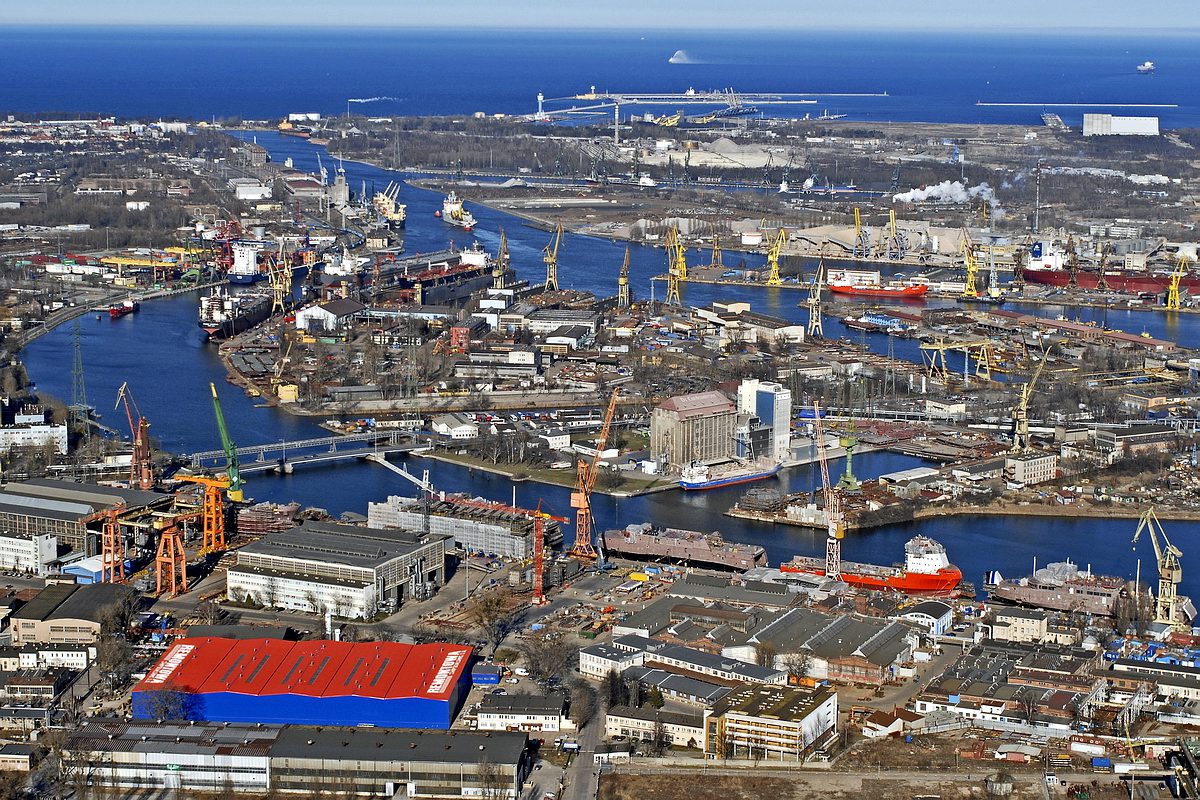Polish Sejm passed a Shipyard Act


On the 6th of July 2016 the Sejm (the lower chamber of the Polish parliament) passed a Shipyard Act. There were 290 votes in favour, 30 against with 131 abstentions.
The Act on activisation of the shipbuilding industry with complementary industries is one of the most important flagship projects of the Polish Ministry of Maritime Economy and Inland Waterway Navigation. One of its major assumptions is zero VAT for production, import, parts and equipment for possibly the broadest catalogue of floating vessels.
The planned tax preferences shall apply to such type of ships as sea-going tugs and ice-breakers. There shall also be an extended catalogue of new ships with zero VAT rate. This new Act assumes a possibility to choose between the current 19% CIT or PIT and the new flat-rate (1%) tax from the value of sold production, regarding ship construction and reconstruction.
The Act shall also facilitate providing the grounds, at which ship-building and complementary production is carried out, with the status of special economic zone.
It is worth mentioning, that those proposals have been earlier presented to and consulted with the representatives of the largest companies operating in the shipbuilding industry in Poland.
Read also: Tax exemptions and other incentives for shipbuilding industry in Poland
The Polish shipyard branch has, in general, approved the solutions hoping that the proposed regulations may stimulate the shipyard industry with a positive impact.
The Act, still to be voted by the Polish Senate (the upper chamber of the Polish parliament), later to be signed by the President of the Republic of Poland is scheduled to become effective on January 1, 2017. Currently, the Act is analysed by the European Commission.
GL



